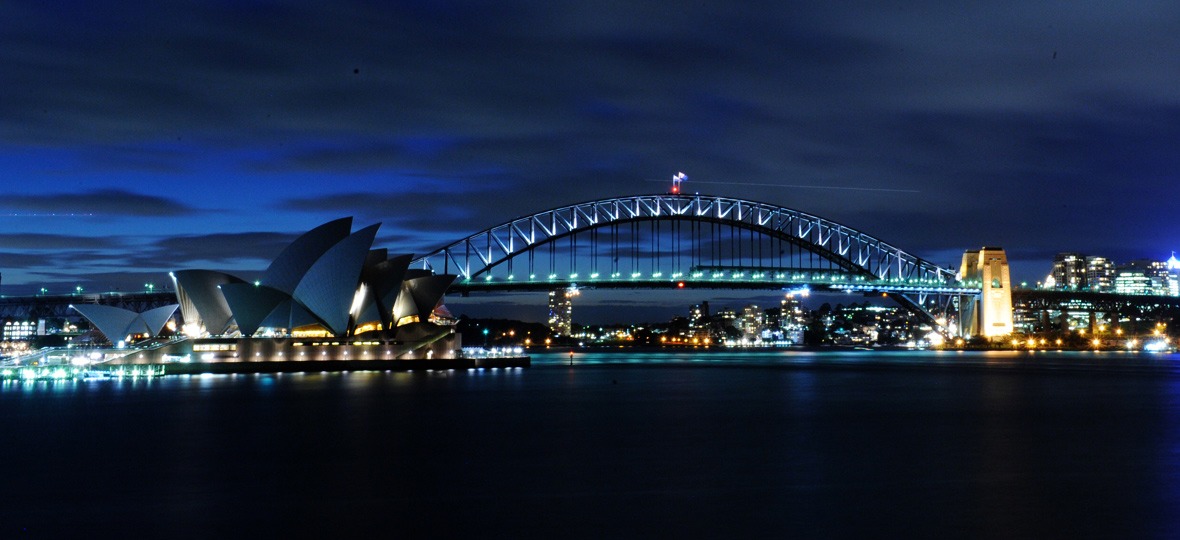After five years of debate, the Australian government abandoned a plan to censor websites, likely filtering out certain parts of a webpage that contained certain keywords that are deemed inappropriate for the public. Now, the plan has changed to simply blocking offensive websites that are on a “blacklist”.
In theory, this was a good system; since the media would only be monitored (and then blocked, if necessary) after a formal complaint had been received. However, the question still stands; can a country truly be considered free if its people are denied access to certain websites and information? Many people may not like the idea that ‘big brother is watching’. Many people feel safe behind the screen of their computers, and now there will always be worry that someone is watching everything that you are doing from behind the scenes. The idea behind this is actually pretty scary; to be incredibly dramatic – you may not be safe in the comfort of your own home. In reality, however, most of these URLs contained child pornography, so to the vast majority of the population will not ever visit, know of, or miss these sites.
While the ethicality of the internet filter was questionable, most people never needed to be worried about it in the first place. And since it is no longer an issue, 99% of people do not need to worry about it and can feel safe on the internet once more.
http://www.abc.net.au/news/2012-11-09/government-abandons-plans-for-internet-filter/4362354
2 thoughts on “Internet censorship in Australia”
Leave a Reply
You must be logged in to post a comment.

This is a very interesting topic and point. Of course Freedom of Speech was made for the best intentions; however, there will always be people in a society that take that “freedom” to an inappropriate level. I personally don’t think that blocking child pornography sites would be considered “bad” censoring. I suppose there could be two sides to censorship. For one thing, it could block wildly inappropriate cites that the public should really never have access to. Also, considering child porn is a crime, it would only seem right that those cites be monitored and censored. The fact that people like to hide behind their computer leads some to think they can type any hateful messages they want.
Australian censorship seems very similar to United States censorship. The government is certainly monitoring the Internet for keywords; it is what they have to do in order to be aware of potential threats and such. We see that censorship also varies based on the location. At Penn State and on the Penn State wireless, they scan internet activity for certain key words. There needs to be some form of monitoring so the use of certain websites does not escalate and get out of hand.
Tying this back to Australia, I still would consider them a free speech country because they can typically write what they want on the internet unless it breaks legal boundaries or someone complains about it. This seems very similar to Facebook. If you do not like a photo, you can file a complaint and potentially get that picture taken off of the internet. Again, I don’t think this is censorship to the out-of-control point like North Korea. I think this is appropriate censorship.
I can see how many people feel that they are not fully free while “Big Brother” is watching the internet looking for key words. However, at the same time if the government is just blocking out certain cites like pornography then maybe it is a better thing for the country. I see how people can also feel safe about the government watching them. Overall I think it is a good thing that the government is looking out for their people by getting rid of certain “bad” websites. Hopefully the censorship over the internet stays that way and doesn’t get out of control.